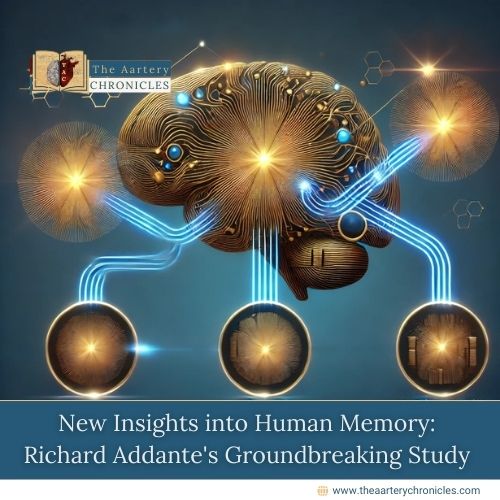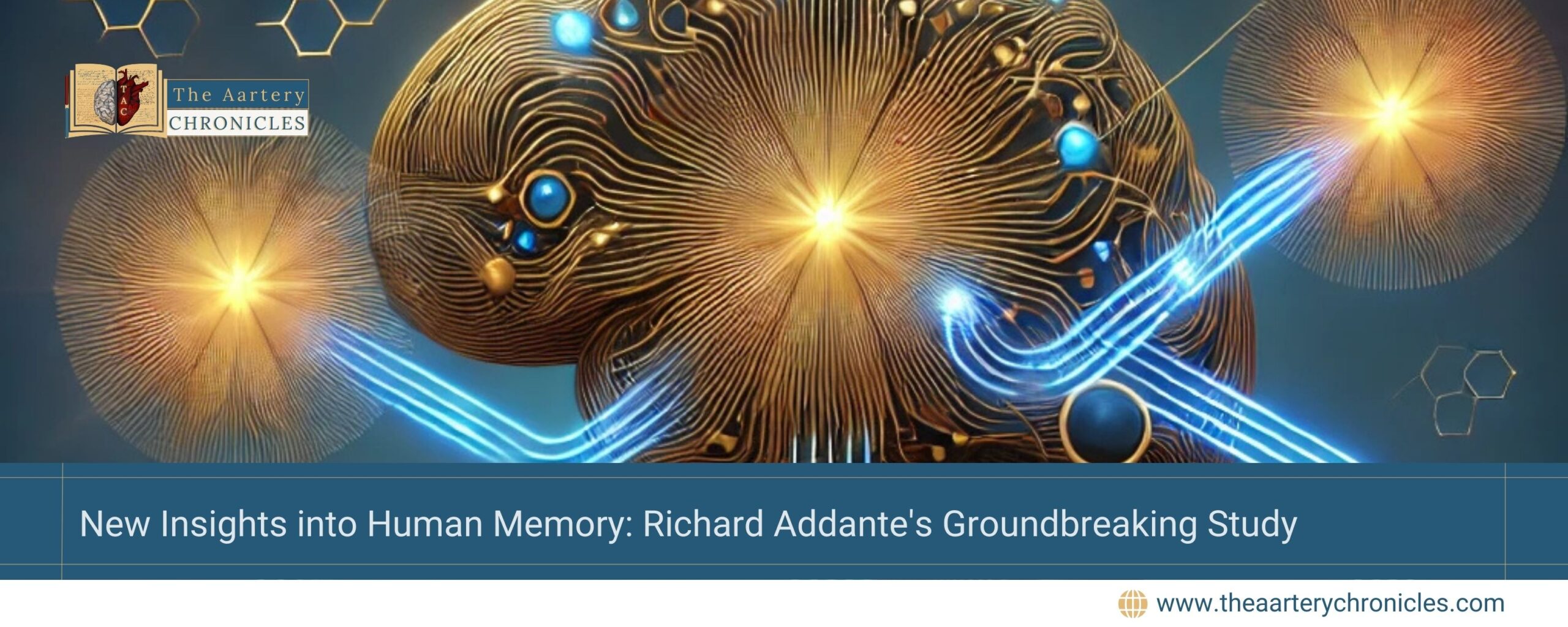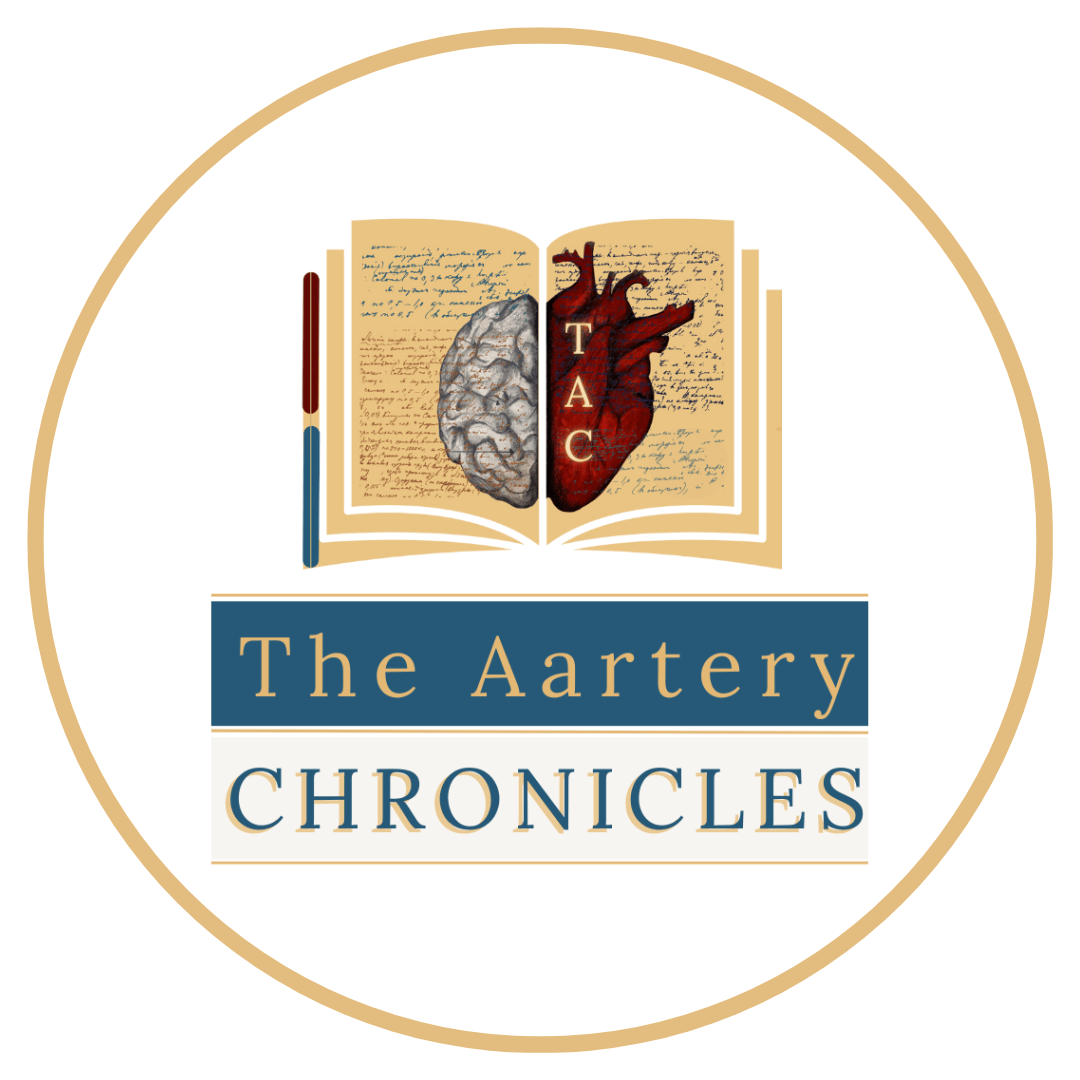

New Insights into Human Memory: Richard Addante's Groundbreaking Study
A New Discovery in Human Memory
Meet the Researcher
Richard Addante, a psychology researcher and associate professor at Florida Institute of Technology, has spent over a decade studying episodic memory, the cognitive process that helps us store and retrieve long-term memories. Recently, he’s uncovered something groundbreaking—a new type of human memory process.
How We Understand Episodic Memory
Traditionally, psychologists have divided episodic memory into two categories:
- Recollection: The ability to recall a memory in full detail.
- Familiarity: When we remember specific details of a memory but lose the broader context.
However, Addante’s latest research suggests there’s more to the story.
Introducing “Context Familiarity”
Addante has identified a third memory process he calls context familiarity. This occurs when we can recall the general context of a memory—like where or when something happened—while forgetting the finer details. This concept challenges the current framework and fills a gap in how we understand memory retrieval.
To reflect this discovery, Addante proposes a new model for episodic memory with three branches:
- Recollection: Remembering all details of a memory.
- Item Familiarity: Remembering specific details but forgetting the context.
- Context Familiarity: Remembering the context but forgetting specific details.
Why This Matters
Addante’s research could transform clinical practices and not just change how we study memory. He believes this new model could lead to better diagnostic tools for conditions like
- Amnesia
- Dementia
- Traumatic brain injuries
By refining our understanding of memory, doctors may be able to diagnose and treat memory deficits more accurately.
This discovery is a step forward in understanding the complexity of human memory and its potential applications in both research and healthcare.
Source: Inputs from various media Sources









